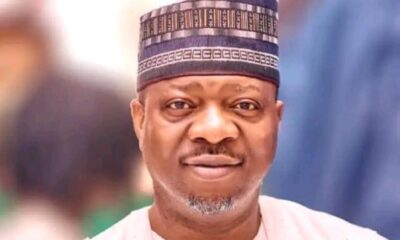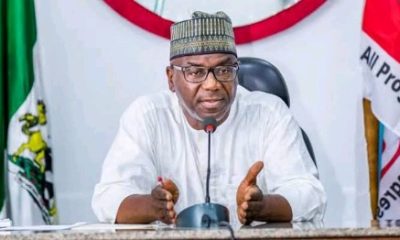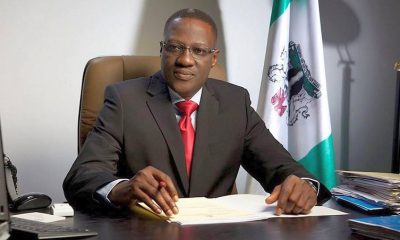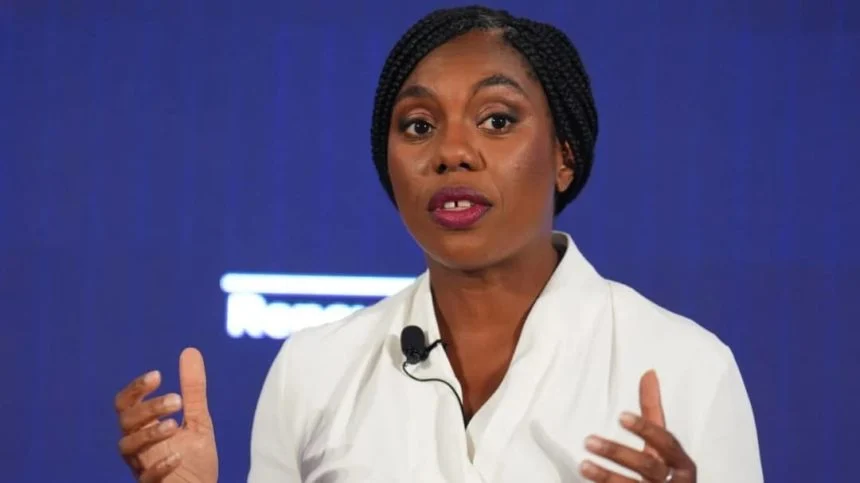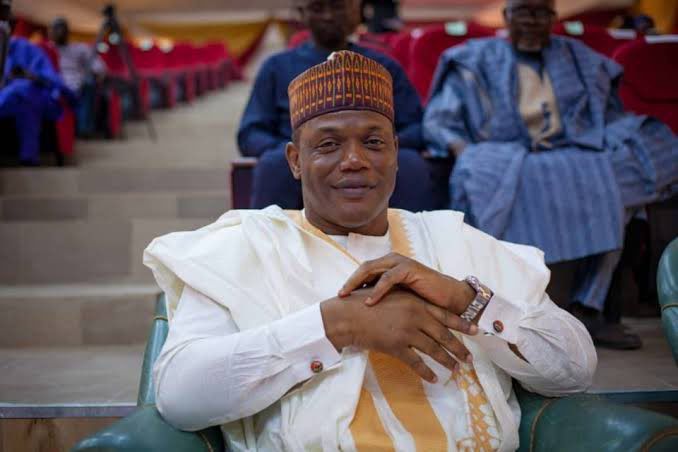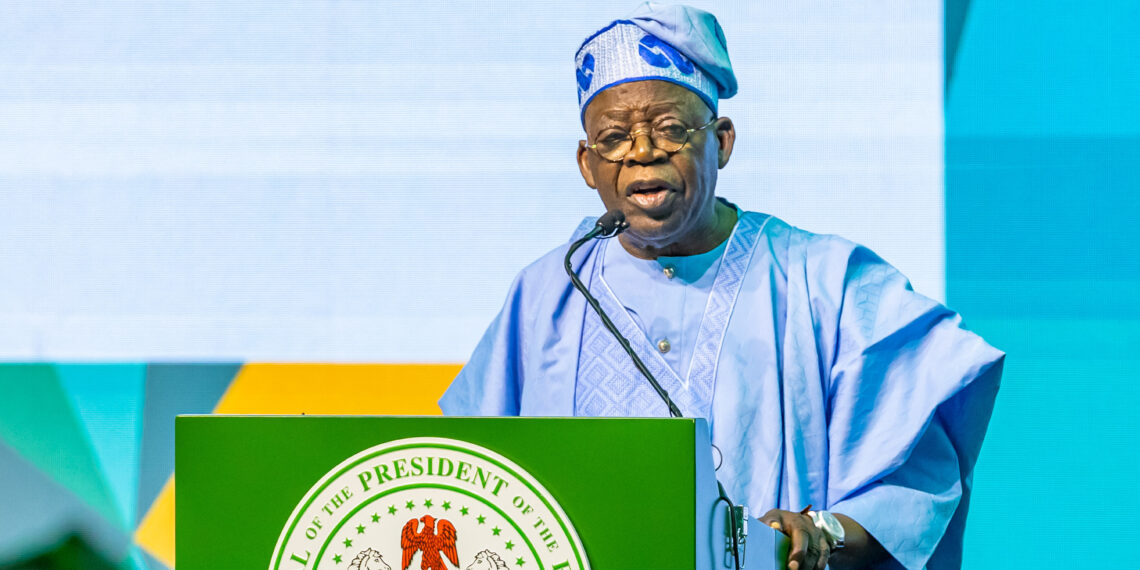Globally, the position of heritages to countries especially in Africa cannot be overemphasized. As the world is populated with people of different ethnicities and cultures so are the tribes, traditions are varied.
For instance, Nigeria, a country located in the Eastern part of West Africa, remains the most populated multiethnic and multilingual country in Africa with over 250 ethnic groups. The nation is endowed with about 29 game reserves, 1129 forest reserves, 4 game sanctuaries, 2 strict nature reserves, and 8 national parks.
But as rich as Nigerian culture is said to be, the country is dotted with towns, villages, and communities with different cultural practices and heritages which in most cases could have serious health risks on the well-being of the citizens or be in conflict with modernity.
Shao, a rustic community in Kwara State is one of the few towns in Nigeria still rooted in the traditions and unhealthy practices in the 21st century. The agrarian community is located in the Moro Local Government Area of Kwara State, Nigeria, on an elevation of 269 meters above sea level. Its coordinates are 8°34’60” N and 4°34’0″ E in DMS (Degrees Minutes Seconds) or 8.58333 and 4.56667 in decimal degrees. The people of Shao are mainly farmers, herders, and traders.
Their cultural practices
Like the Indonesians, the people of Shao town also have a day in which they give out their spinsters in marriage. This day is also known as “Awon festival” or “Awonga festival”, it is a day set aside for mass weddings in the ancient town. Awon Mass Wedding features the marriage of hundreds of young girls. This period is also the season when a number of traditional rites and rituals are carried out. During these festive occasions, investigations also reveal those female children are usually forced to be circumcised against their wishes and that of their parents. Women, especially wives of the traditional title holders were also coerced to take part in some rituals which could involve lives. Although many human rights activists had argued over the continued practice of some of the norms, some indigenous residents remain conservative and adamant, arguing that the culture must remain to preserve the glory of the ancestors.
Meanwhile, as the community prepares for the 2021 edition of its tradition, the Awonga Mass Wedding, billed to hold in October, the ancient town has begun to wear a new look – gloomy and nervous, the people of Shao are reluctant to celebrate and are ridden with anxiety because one of the most important positions within the community – the Chief Priest position, hasn’t been filled yet by the chosen one. But they intend to celebrate regardless, as they did last year.
A band of hunters who used to entertain the residents and visitors amid occasional fire from their Dane guns, during the occasion with their fanciful dance steps has begun rehearsal. The beautiful damsels to be married off have also prepared for the historic tradition that has been in existence for over two centuries.
It is a moment when the mammoth crowd gathers through the LGEA Primary School playground in the town to soak in the rich cultural heritage of the people.
The Awon Mass Wedding dating back to the early history of the community has become a rallying point for the people.
Historically, the festival is said to have emanated from a woman called Awon who mysteriously appeared to a hunter named Omo Olarele and claimed the ownership of a small stream from which he had been drinking water each time he went hunting. The one-breasted woman, who welcomed the hunter, only requested to be taken to the first Ohoro of Shao, Oba Olanibo, to which the hunter consented.
The Vacant stool, a threat to citizen’s right and fleeing woman
As beautiful or rich, some cultural enthusiasts may see the Shao festival, to a large majority of the citizens, especially the civilized ones, the culture poses a big threat to lives and in a serious conflict with modernity.
As the Awon Mass Wedding festival approaches with residents preparing to roll out drums for the celebration, it was learnt that efforts are on top gear to complete the initiation process of the newly chosen Chief priest, AbdulFatahi Baba. However, before he can be installed as the successor, his wife, son, and daughters must also take part in the cultural ritual as part of the rites. This woman, Rodhiya Abdulfatahi fled the community out of fear for the life-endangering ritual procedure her son and daughters will be subjected to. It was also mentioned that she had witchery tendencies and everyone within the community believes that she’s a lesbian and would influence her children with waywardness.
Narrating how the mother of six became the target and subject of emotional torture, a resident in the community, Mrs Silifa Olukoga, 54, told the story about how Rodhiya, whose location is unknown to the community, eventually fled the community because the whole town has insisted that she must succumb to the ritual rites required for her husband’s ascension.
She said: “Perhaps due to the low education level, women are subjected to all manner of abuses in this part of the world. It all happened when Rodhiya’s husband Mr AbdulFatahi was chosen as the successor of the Chief priest following the death of the late priest.
While many see the cultural practices of the ancient city as a rich heritage, to some citizens, particularly those in touch with modernity, the Shao traditional practices pose a great threat to their modern lifestyle.
Speaking with our correspondent, a traditional chief in the community, who simply identified himself as Akogun, confirmed the frantic search for the woman, saying, “It is an abomination for the woman and her children not to show up for the traditional rites. Once her husband has been chosen by the oracle to occupy the vacant stool, she must come forward for it, Akogun said.
Community acceptance of and compliance with annual ivermectin treatment in Shao were remarkably high.
The Awon Ceremonial
The Awon dance festival takes place two months after the mass wedding and every woman in Shao must take part in the dance.
On this day, every woman must stay at home to make bean cakes for Awon. Any woman that flouts this order and goes out will be chased back home by a masquerade called “Duo Dika”.
The dance commences in the afternoon with the women assembling in front of the Baba Alawon’s house. Drummers are also present to play at the event. The Awon Festival is one that the people of Shao look forward to with anticipation every year.
There is a lot of singing and dancing during the festival. At a time, the dancing becomes so rigorous and the masquerade makes an appearance again.
The masquerade proceeds to chase the women out of the dance arena and they run to their various homes. The festival day usually ends at about 6 o’clock in the evening.
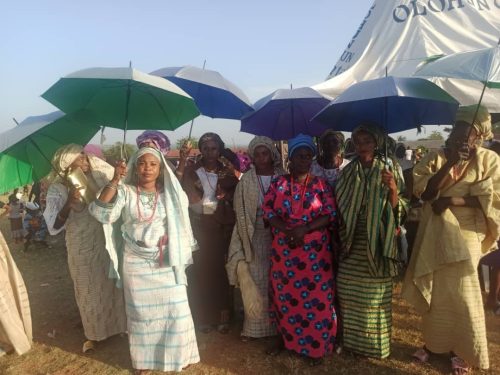

 BIG STORY4 days ago
BIG STORY4 days ago
 BIG STORY3 days ago
BIG STORY3 days ago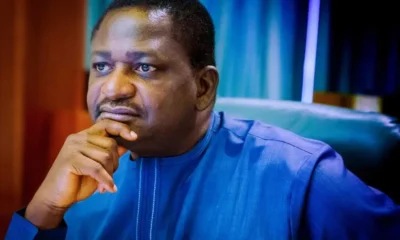
 BIG STORY3 days ago
BIG STORY3 days ago
 BIG STORY4 days ago
BIG STORY4 days ago
 BIG STORY3 days ago
BIG STORY3 days ago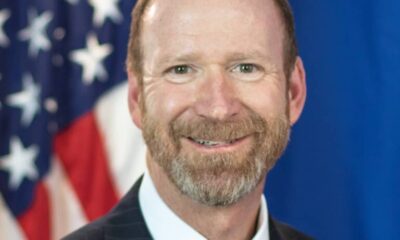
 BIG STORY3 days ago
BIG STORY3 days ago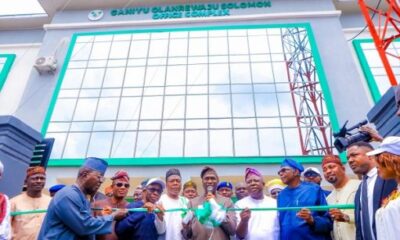
 BIG STORY3 days ago
BIG STORY3 days ago
 BIG STORY3 days ago
BIG STORY3 days ago








